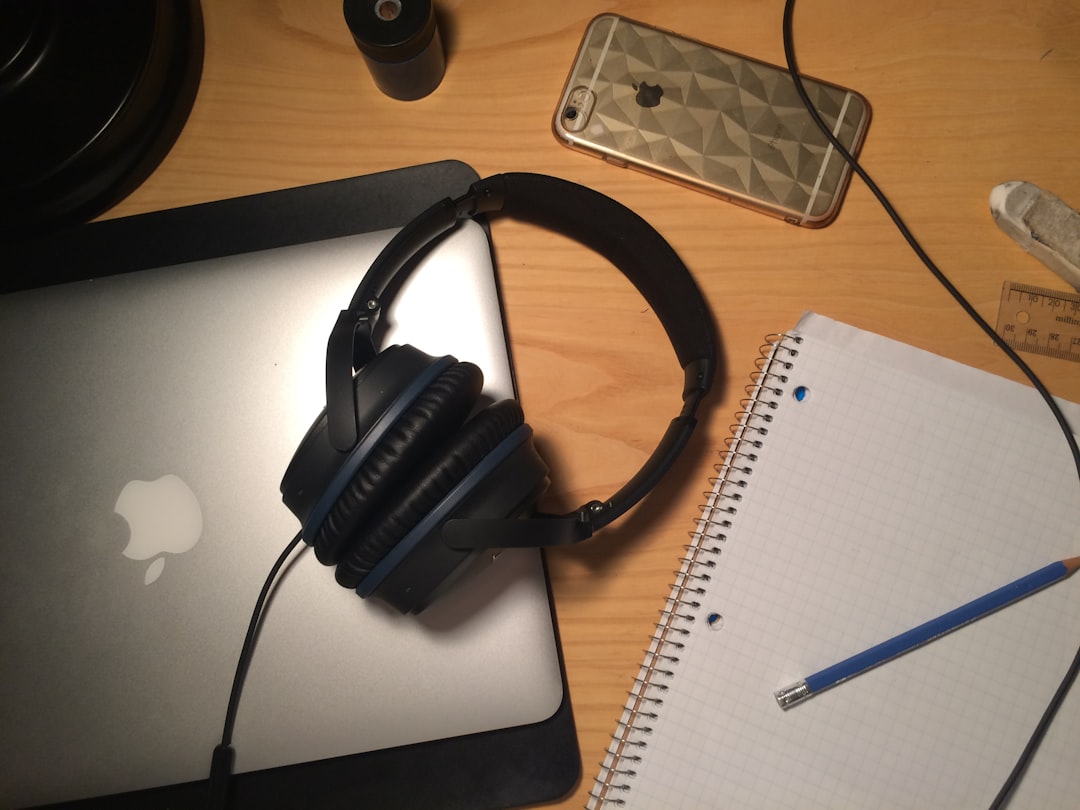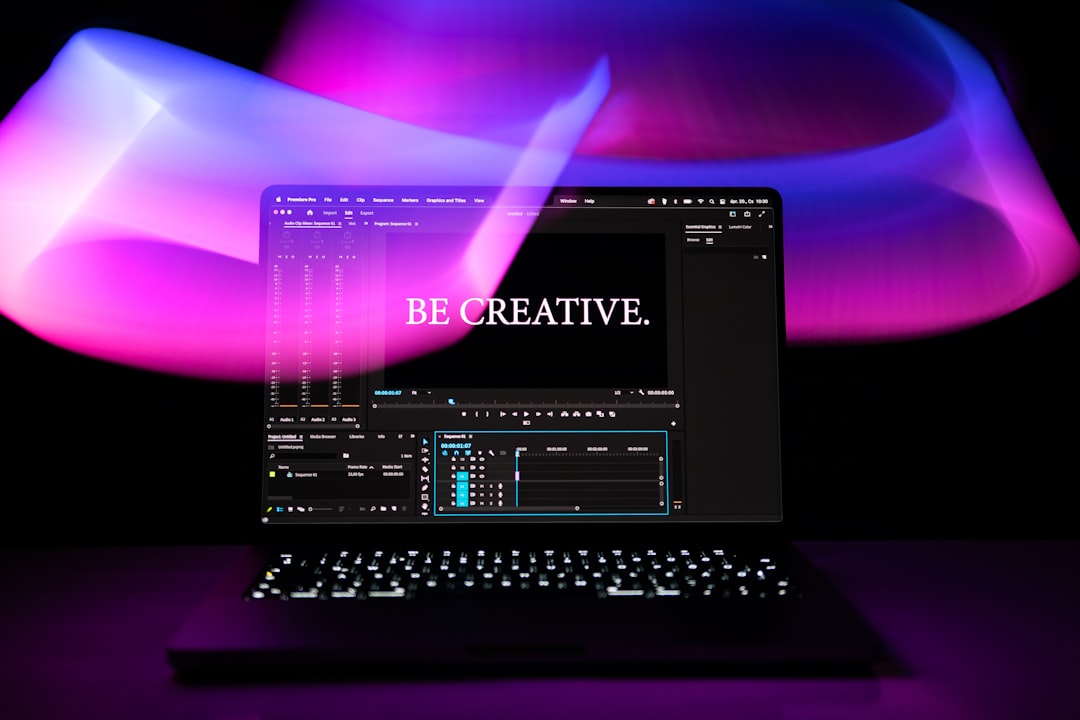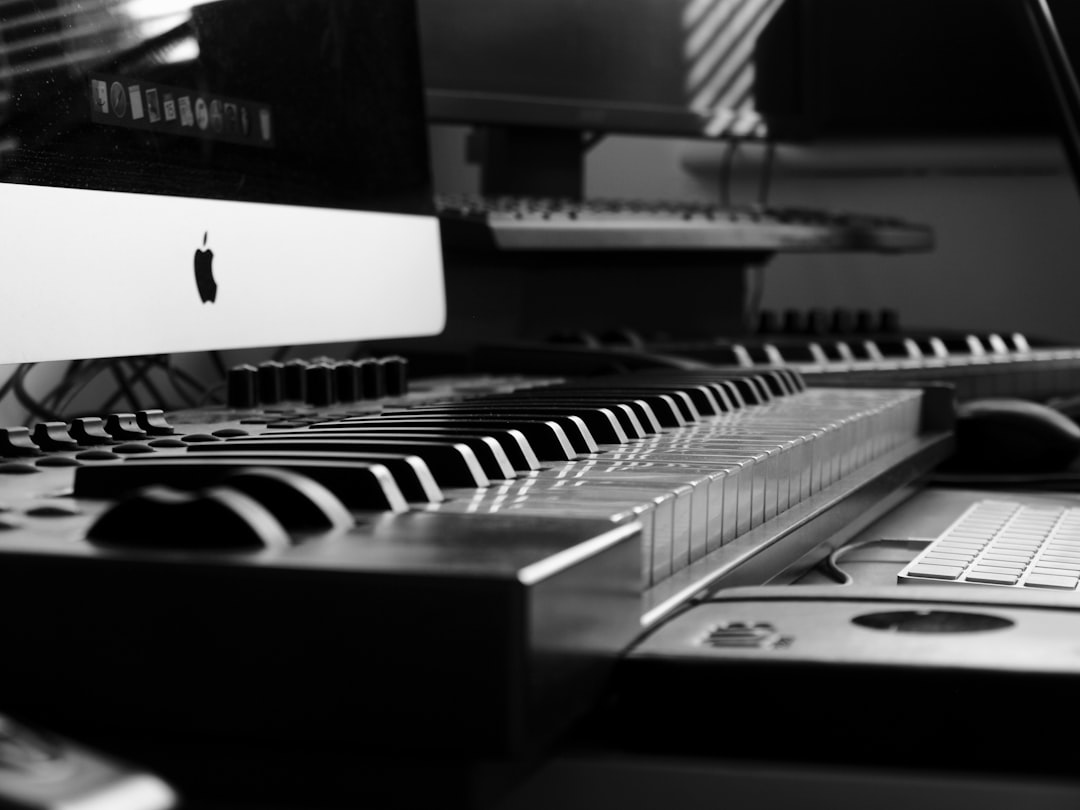Artificial Intelligence (AI) has revolutionized the way music is composed, produced, and distributed. In 2025, a crop of cutting-edge AI music tools is shaping the industry landscape, with Disco AI emerging as a standout platform. While Disco AI offers a sleek, powerful interface for collaboration and organization, other tools like Aiva, Amper Music, and Soundful focus more on generative composition. This article compares Disco AI with these leading solutions, evaluating their strengths, features, and use cases to better understand where each tool fits in the future of music creation.
What Is Disco AI?
Disco AI is primarily known as a cloud-based collaboration and workflow tool for musicians, music supervisors, and sync licensing professionals. Originally launched as Disco.ac, it transitioned into a more AI-supported platform in 2024, integrating machine learning into its file organization, metadata tagging, and recommendation engines. Unlike purely generative AI music tools, Disco AI does not compose music entirely from scratch, but instead facilitates high-efficiency music production workflows.
Key Features of Disco AI include:
- Smart tagging and metadata organization using natural language processing (NLP)
- Automated playlist creation based on mood, genre, or usage scenario
- AI-driven search that understands descriptive prompts and locates relevant tracks
- Seamless collaboration between producers, songwriters, and supervisors across time zones
This positions Disco AI as a hybrid platform—one part content management system, one part AI enhancer of human creativity.

Comparing Disco AI to Generative AI Music Tools
While Disco AI focuses on streamlining production and distribution, some tools built in 2025 aim to replace or supplement composers with full AI composition capabilities. Let’s explore three of the most popular AI music tools currently available and how they stack up against Disco AI.
1. Aiva
Aiva (Artificial Intelligence Virtual Artist) is one of the oldest AI composition tools, known for generating symphonic and classical music. By 2025, Aiva has significantly expanded its capabilities, allowing users to:
- Create orchestrated film scores
- Customize compositions by genre, tempo, and mood
- Export MIDI and audio files for further editing
- Use voice-to-melody prompts powered by deep learning
Unlike Disco AI, which focuses on existing content, Aiva generates new musical ideas from scratch. However, it lacks Disco AI’s refined collaboration and playlist management tools. For composers looking to quickly prototype a score, Aiva is highly valuable. But for those managing extensive music libraries, Disco AI offers superior organizational features.
2. Amper Music
Amper Music (acquired and relaunched in 2023) now serves as a real-time AI music generation engine designed for commercial and YouTube creators. It operates on three principles: speed, customization, and ease of use.
Highlights of Amper Music include:
- Real-time music generation in under 60 seconds
- Genre blending and adaptive compositions
- User control over instrument layers, track intensity, and transitions
- Royalty-free music licensing across all platforms
Amper is more accessible for beginners than Disco AI and is embedded directly into several video editing suites. However, it lacks advanced metadata capabilities and offers limited tools for professionals managing hundreds or thousands of tracks. This makes Amper ideal for solo content creators but less powerful for sync licensing enterprises that benefit from Disco’s robust cataloging tools.
3. Soundful
Soundful represents a newer class of generative music platforms that emphasize user creativity without requiring music theory knowledge. By simply selecting a few options—genre, energy level, and track length—users can generate radio-style songs in seconds.
Key features of Soundful include:
- Thousands of sonic templates (trap, lo-fi, synthpop, etc.)
- Looping functions for beat makers and producers
- DAW integration for seamless workflow
- Inclusivity for musicians and non-musicians alike
Soundful lies somewhere between the simplicity of Amper and the customization of Aiva. When compared to Disco AI, Soundful is again more focused on instant creativity, but it lacks Disco’s depth in curation and professional-grade metadata organization.

The Rising Trend of Hybrid Platforms
One of the major predictions for 2025 has come true: the line between generative and organizational AI tools is blurring. More platforms are incorporating social collaboration features, smart search indexing, and AI-assisted tagging. This is an area where Disco AI currently leads. Its use of machine learning not to replace artists, but to work alongside them, reflects a broader industry shift.
This convergence trend is evidenced by recent updates across all major platforms:
- Aiva now offers project folders and mood boards to group compositions
- Amper integrates with cloud storage for remote team access
- Soundful introduced AI suggestions for track pairing and DJ sets
Yet, none have yet matched the precision, tagging intelligence, or collaborative infrastructure that has made Disco AI popular among sync professionals and music supervisors.
Industry Use Cases: Which Tool for Which Creator?
Ultimately, the best AI music tool in 2025 depends on what kind of creator you are, what your goals are, and how deeply you want to integrate AI into your music lifecycle. Let’s break it down:
- Composers and Film Scorers: Aiva offers full arrangement capability with orchestral nuance.
- YouTubers and Content Creators: Amper provides fast, royalty-free music for background use.
- Bedroom Producers and DJs: Soundful allows beat creation and genre exploration with minimal effort.
- Sync Licensing Professionals and Teams: Disco AI is the most efficient choice for tagging, organizing, and pitching tracks.
Thus, while other AI tools are creative partners, Disco AI serves more as a productivity supercharger across the entire content lifecycle.
Final Thoughts: Collaboration, Not Competition
It’s tempting to pit these tools against each other in a battle of superiority, but in many professional workflows, they are used together. A producer might generate an idea in Soundful, layer in MIDI instruments from Aiva, then store and distribute them using Disco AI’s smart platform. Rather than choosing one over the other, the real magic happens when these technologies complement each other’s strengths.
Disco AI remains unmatched in areas like data-driven organization and platform interoperability. Its AI doesn’t try to replace human creativity—it enhances it. In contrast, tools like Aiva and Amper are building increasingly lifelike compositions, making them powerful creative allies when used thoughtfully within the broader production ecosystem.
As we move forward into the next phase of AI-powered music creation, the smartest creators in 2025 are those who understand not just what each tool does, but how and when to use them in concert.



